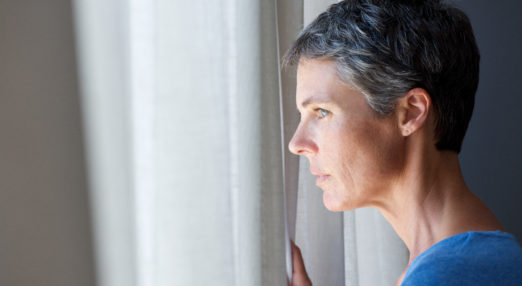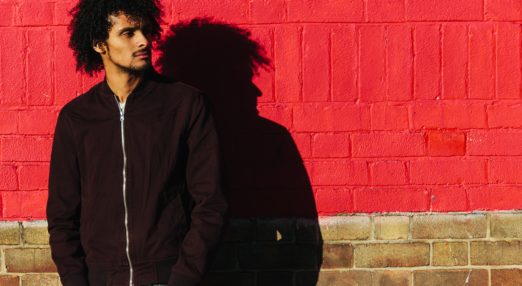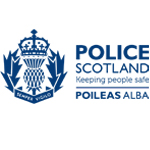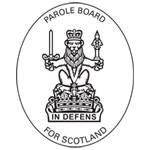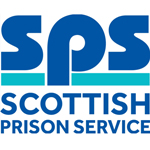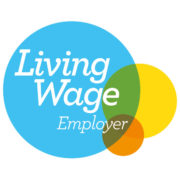The rise of hate-related antisocial behaviour
During Hate Crime Awareness Week, Karen writes about the impact of hate crime as part of antisocial behaviour and the changes we need to see to make communities safer and more welcoming for people.
Antisocial behaviour makes people feel distressed or frightened in their own homes. From unsociable noise and harassment to abusive behaviour and physical violence. Antisocial behaviour can impact individuals, families and whole communities.
Almost 98% of the antisocial behaviour complaints we support people with are a result of hate crime, with victims’ neighbours committing racist or xenophobic abuse. Most of the incidents and crimes are persistent and make people’s home-life unlivable.
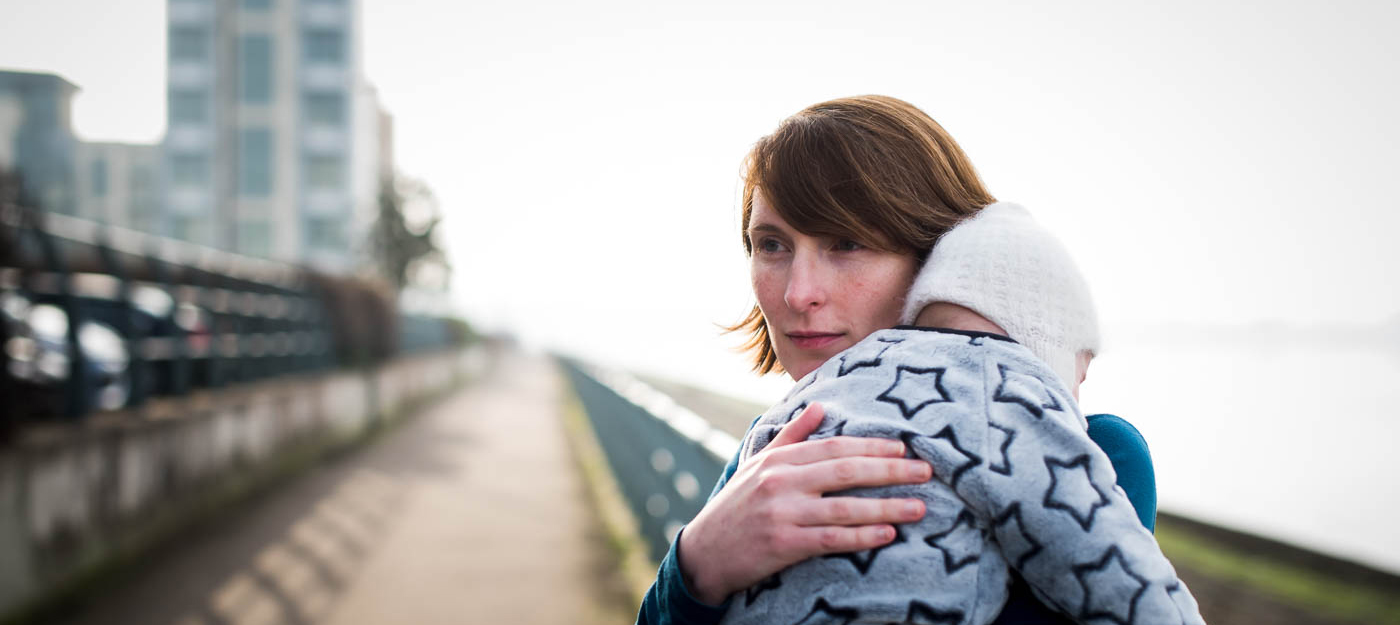
Antisocial behaviour can impact someone’s mental health and their ability to sleep, due to either noise or anxiety. People often feel isolated and helpless if they are not receiving support elsewhere or if their local community is starting to turn against them as hate spreads. If they are afraid to leave the house, it can cause further isolation and can impact them physically, depriving people of medical care, adequate food and exercise.
Antisocial behaviour disproportionately affects people who don’t have the financial resources to move and are trapped in their housing situation. Either the ongoing antisocial behaviour stops homeowners from selling or renting out their home or renters cannot afford to move or have to wait on housing lists for long periods of time.
People we support often tell us they feel like a prisoner in their own homes.
The impact of current events
The pandemic has had a far-reaching impact on people affected by antisocial behaviour. People have been spending more time in their homes and cannot get away from perpetrators’ abuse. This means it is harder to work from home and can lead to financial hardship. People cannot meet support workers, therapists and housing officers face-to-face, which impacts their ability to cope with the situation and mental health. Mediation between neighbours, a common practice in antisocial behaviour situations, has been stopped.
The political climate also impacts hate crime-related antisocial behaviour. When high-profile people perpetuate a xenophobic or racist outlook, perpetrators feel empowered to confront their neighbours who may be from different backgrounds.
We’re seeing a steady rise in hate crime complaints. Hate can spread quickly through a community with hate-related antisocial behaviour becoming acceptable, learned behaviour that is copied and spread, impacting more people from a marginalised group. We support people in situations where the perpetrator encourages friends in the community to perform hate crimes towards certain families. Children learn from the behaviour of their parents to use racist, xenophobic and homophobic slurs when they see people who are different from them. More families in the community then become targeted by hate-related antisocial behaviour.
We can change the situation
Antisocial behaviour causes trauma because it is persistent and takes place in someone’s home and community, leaving them with nowhere safe to go. Everyone should feel safe and secure in their own home. Landlords, councils, agencies and the police need to recognise that antisocial behaviour is more than a neighbour dispute and has a traumatic impact on individuals and families.
We would like to see better communication and strategic work between councils, social landlords and the police to deal with antisocial behaviour, especially when it is hate-related. Appointing specialist antisocial behaviour officers in councils and housing associations can make a real difference in combating the spread of hate and the hate crime rise in communities. All of us at Victim Support Scotland would like to work more closely with housing associations and councils to provide better support for people targeted by antisocial behaviour.
More mediation and education could help lower cases of hate crime, helping people accept differences in the community. An integrated housing association register, which prioritises people who are targeted by antisocial behaviour and frightened in their own homes, would allow people to escape their situation much faster and limit the trauma and impact on physical and mental health.
We can help
If you are affected by antisocial behaviour, we can help. We can provide practical ways to help you deal with the situation constructively. We can put you in touch with local authority antisocial behaviour teams. We can support social housing tenants by speaking to or sending support letters to your housing officers, advocating on your behalf.
When a crime has been committed, we can provide confirmation that the police have been involved and provide the details. If you need legal advice, we can direct you to Citizen’s Advice Bureau or other local agencies who can help.
We can help you to complete an incident log, either by hand or using the FollowIt app, which allows you to log incidents and upload documents online. This can help you to build a case against the perpetrator. If the antisocial behaviour is affecting you financially, we may be able to apply to our Victims’ Fund to help you with moving costs, security camera installation, or other solutions that can help. We can send you a personal alarm, so you feel a little safer.
We also provide emotional support. When you’re feeling isolated or unable to talk to friends and family, it can really make a difference to have a listening ear who takes your concerns seriously and acknowledges the impact of what you’re going through. We can direct you to counselling services and online resources, too.
You don’t have to handle antisocial behaviour alone. Please contact us for support.
Latest news and blogs
-
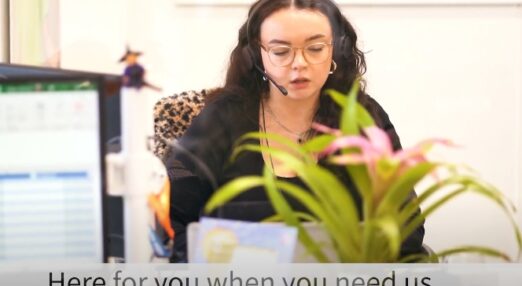
We’re here – support over the festive period
We know that the festive period can be difficult for people impacted by crime - that's why we'll remain open right through Christmas and New Year.
Read more
-
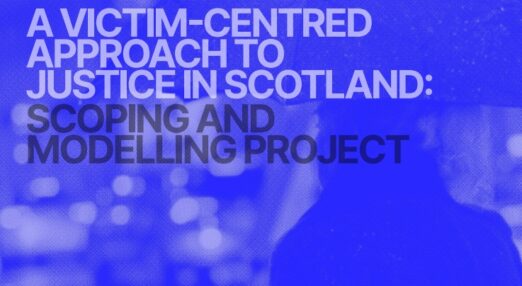
A Victim-Centred Approach to Justice in Scotland: Scoping and Modelling Project
This project, commissioned by Victim Support Scotland, sought to explore how a more victim-centred approach could be realised in Scotland's criminal justice system.
Read more
-
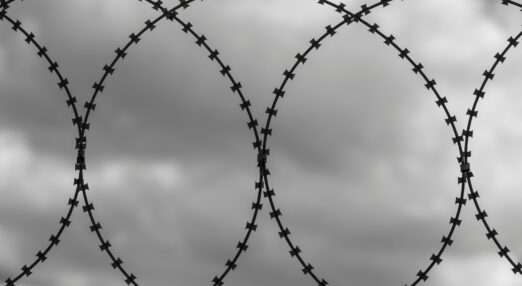
Concern over impact of new early prisoner release bill as Scotland’s crime stats revealed
Victim Support Scotland has expressed concerns about the impact of the Prisoners (Early Release) (Scotland) Bill, which was passed by MSPs yesterday, in light of new crime statistics revealed by the Scottish Government.
Read more
-
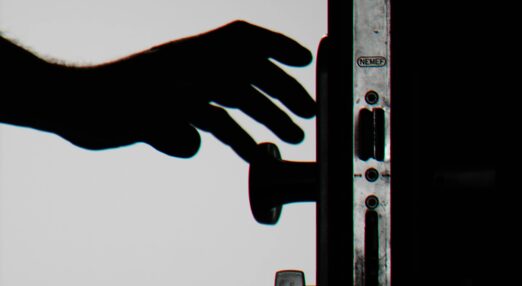
Victim Support Scotland voices concerns about Prisoners (Early Release) (Scotland) Bill
Victim Support Scotland has voiced concerns about the Prisoners (Early Release) (Scotland) Bill.
Read more
-

Media Reporting on Child Homicide – Victim Support Scotland Consultation Response
Victim Support Scotland's response to the Scottish Government consultation on Media Reporting on Child Homicide.
Read more
-
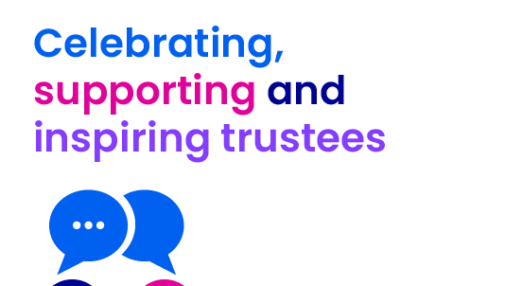
Highlighting the role of Trustees at VSS
We sat down with Gillian Imery, one of our trustees, to chat about the role she plays, why she decided to get involved with VSS, and how her skills and experience enrich our charity.
Read more
-

Statement on Homicide in Scotland figures
Victim Support Scotland has released a statement in response to the Homicide in Scotland figures released by the Scottish Government.
Read more
-
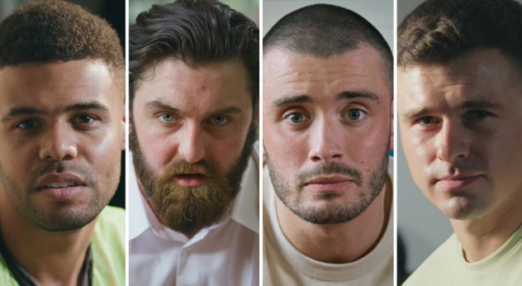
Statement on Police Scotland rape statistics
Victim Support Scotland has released a statement on the figures released by Police Scotland which show an increase in the number of rape cases reported within the last 6 months, alongside the launch of the latest 'That Guy' campaign.
Read more
-
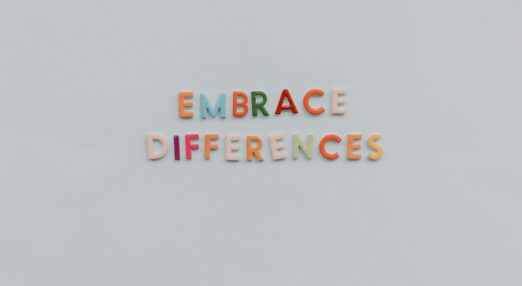
Victims of hate crime need to have their voices heard
This article by our Chief Executive Kate Wallace argues why more must be done to support victims of hate crime.
Read more
-

Statement on Scottish Government’s plans for Victim Notification Scheme reform.
Victim Support Scotland has released a statement on the Scottish Government's plans for reform of the Victim Notification Scheme.
Read more
-
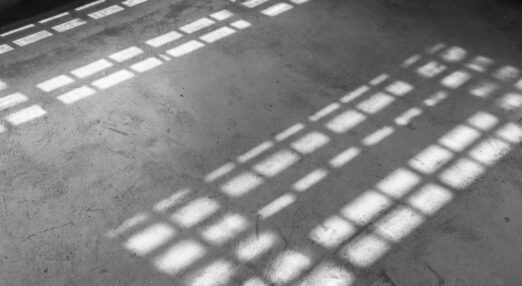
Statement on Scottish Government plans for long-term prisoner release
Victim Support Scotland has released a statement on the Scottish Government's plans for long-term prisoner release.
Read more
-

Experiencing Hate Crime – Helena’s* story
When Helena’s* partner became disabled as a result of a severe stroke, they began to experience a series of hate crimes perpetrated against them by a neighbour. VSS supported her during the court process, towards the end of her ordeal. This is her story.
Read more

